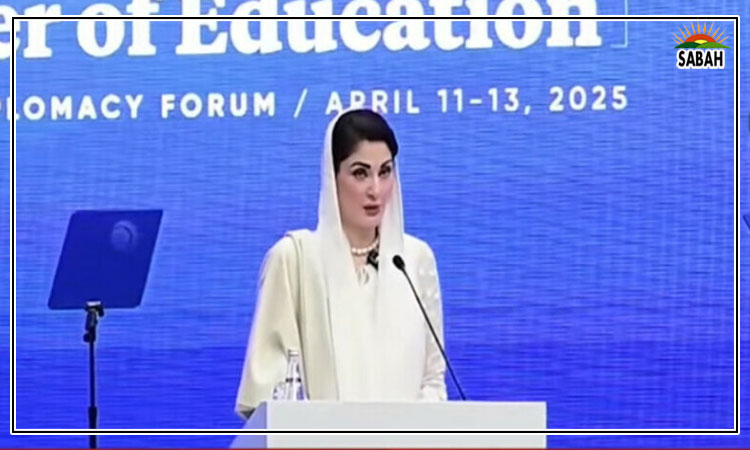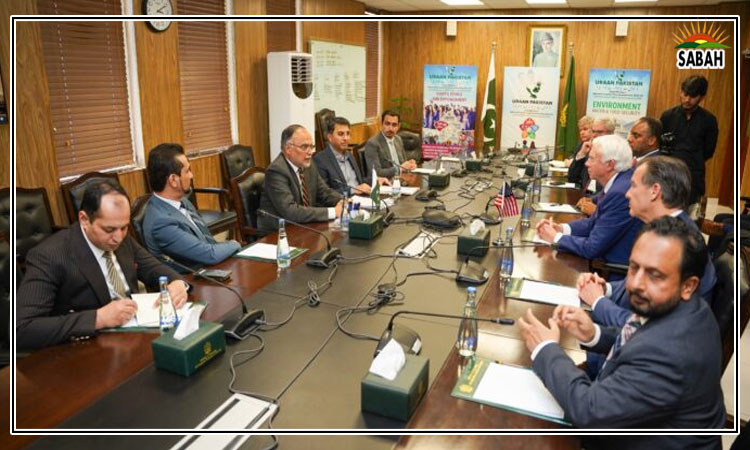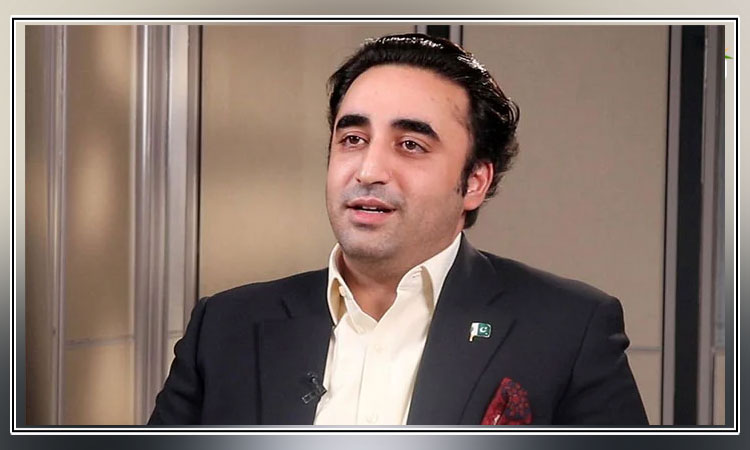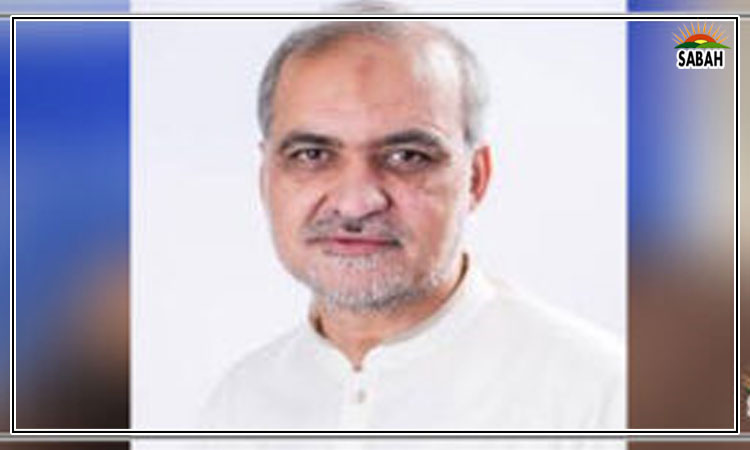Cultivating tax awareness…Anwar Kashif Mumtaz
It is common knowledge that efficient collection of taxes is fundamental to the economic stability and growth of any country. However, in Pakistan, the tax collection system has been marred by several challenges, leading to disruptions that have far-reaching consequences on the overall economy.
One of the primary concerns in Pakistans tax system is inadequate revenue generation. Even though the country has a sizable economy, a huge portion of businesses and individuals remain outside the tax net. This informal sector not only evades taxation but also contributes to unfair competition, hindering the growth of compliant businesses.
Low tax compliance among the existing taxpayers further aggravates the problem. The lack of a robust tax enforcement mechanism allows individuals and businesses to understate their income and evade taxes, leading to substantial revenue losses for the government. This undermines public trust and weakens the governments ability to finance essential public services and infrastructure projects.
Pakistans complex tax structure is another hurdle in effective tax collection. The system comprises various taxes, including income tax, sales tax, and excise duty, each with its set of rules and regulations. This complexity not only confuses the taxpayers but also provides loopholes for tax evasion. Simplifying the tax code and procedures can enhance compliance and boost revenue collection.
Issues in the tax administration make the already tough challenges in Pakistans tax system even more complicated. These quirks give tax evaders a way out, keeping the non-compliance vibe alive. It is essential to shine a light on transparency within tax agencies to create a fair and efficient tax system.
The negative consequences of these tax collection issues are manifold. Insufficient revenue hampers the governments ability to invest in education, healthcare and infrastructure essential components for economic development. The lack of funds limits the governments capacity to reduce poverty and create employment opportunities, exaggerating social inequalities.
Addressing the concerns related to tax collection in the country requires a multifaceted approach. Primarily, there is a need for comprehensive tax reforms aimed at simplifying the tax structure, broadening the tax base, and enhancing enforcement mechanisms. Investing in technology and data analytics can help the tax authorities identify potential tax evaders.
Promoting financial literacy and creating awareness about the importance of paying taxes can foster a culture of tax compliance, while collaboration among the government, private sector and civil society can facilitate dialogue to improve the tax system.
Disruption in Pakistans tax system poses a significant threat to economic stability and growth prospects. Addressing the concerns related to tax collection is imperative to foster a fair and sustainable economic environment. By implementing comprehensive reforms, promoting transparency, and encouraging compliance, Pakistan can overcome these challenges and pave the way for a brighter economic future.
Pakistan stands at a crossroads in its economic development, with the potential for transformative change embedded in the digital realm. In recent years, discussions about overhauling the tax system have gained momentum, with a consensus emerging on the need for disruptive reforms. Digital documentation, a buzzword in todays technological landscape, holds the key to revolutionizing Pakistans tax system.
Embracing digital documentation can streamline tax processes, making them more transparent, efficient and accountable. By digitalizing financial records and transactions, Pakistan can curb tax evasion, ultimately increasing government revenue. This move not only promotes financial integrity but also establishes trust between citizens and the government.
While donor agencies often advocate legal amendments to facilitate debt collection, it is crucial to consider the broader societal implications. Reforms must strike a balance between collecting revenue and safeguarding citizens wellbeing, ensuring that vulnerable populations are not disproportionately affected by taxation policies.
Elimination of filers and non-filers classification is also an important step. Such categorization creates disparities and hampers the efforts to broaden the taxpayers base. A unified approach, meaning a fair and progressive tax system, ensures that every citizen, regardless of their income level, fulfils their tax obligations and equitably contributes to the countrys progress and fosters social justice and economic stability. This approach encourages compliance and discourages tax evasion, creating a level-playing field for all the taxpayers.
Pakistans economy has the potential to thrive, with an ideal scenario envisioning 200 million tax filers. However, the current reality, with only four million tax filers, underscores the need for significant disruption. By implementing digital documentation, fostering tax awareness, ensuring transparency, and embracing fair taxation practices, Pakistan can unleash its economic potential, paving the way for financial prosperity and a brighter future for all its citizens.
Courtesy The News












